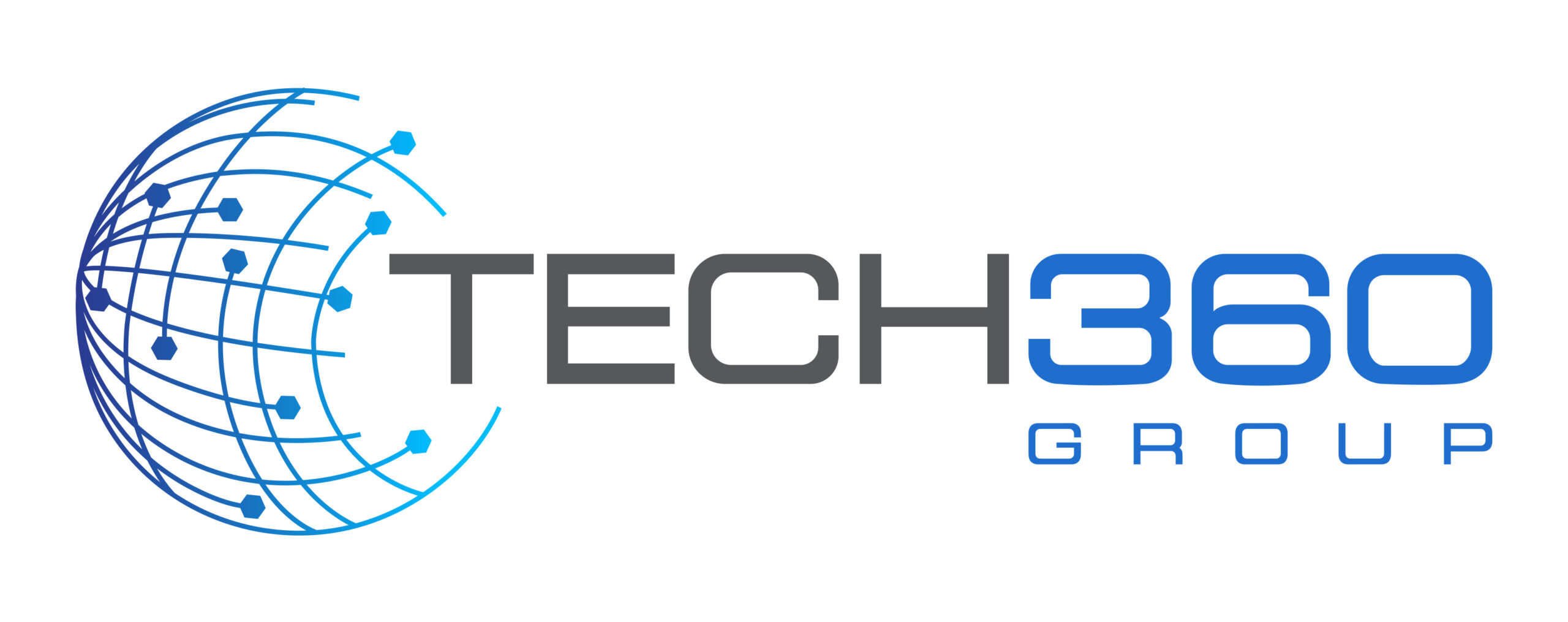The Essential Guide to Website Maintenance for Improved Performance
Think about a website that loads slowly, has broken links, and outdated information. This isn’t just annoying; it’s a business killer. In today’s digital marketplace, your website’s performance is directly linked to your business success. A poorly maintained website can turn away potential customers, lower your search engine rankings, and hurt your brand’s reputation.
Website maintenance is crucial. It involves regular content updates, security checks, and functional optimizations to ensure your website operates efficiently. Effective maintenance prevents problems before they start, supporting your business’s growth rather than hindering it.
This blog post will explain why regular website maintenance is critical for online success. We’ll cover what maintenance entails, how it boosts your site’s performance and security, and the risks of neglecting this vital area.
Suppose you’re planning to create or update your business website. In that case, understanding the importance of maintenance is key to maximizing its value.

Understanding Website Maintenance
Definition and Scope:
Website maintenance involves regularly checking your website for issues and mistakes to ensure it’s updated and relevant. This routine maintenance is crucial for keeping your website healthy, strengthening its security, and improving visitor satisfaction. It includes updating software and plugins, fixing broken links, refreshing content, and optimizing performance metrics.
Importance for Businesses:
Consistent website maintenance is vital for businesses. It prevents downtime, enhances site performance, and safeguards your website against security breaches—issues that could significantly harm your customer relationships and business reputation. Neglecting this can reduce customer trust, lost sales, and lower search engine rankings.
Proactive maintenance is key. It ensures your site functions well, offering a good user experience while protecting your business’s and customers’ data from online threats. Effective maintenance is essential, not just for fixing problems but for preventing them.
Core Aspects of Website Maintenance
Technical Updates:
Keeping your website’s software, plugins, and backend infrastructure up-to-date is crucial. These updates are vital for securing your site against new vulnerabilities and optimizing overall performance. Regular updates help ensure that your website functions efficiently, providing a secure environment for your visitors and safeguarding your business’s data.
Content Updates:
Regularly updating your website’s content is essential to maintaining visitor engagement and supporting your SEO efforts. This means adding new articles, updating existing content, and ensuring all information is current and relevant. Regular content updates signal to search engines that your website is active, helping to boost your rankings and draw more traffic.
Design Updates:
Website design trends evolve, so it’s essential to periodically review and refresh your website’s design to keep it appealing and user-friendly. This may involve updating layouts, improving graphics, or enhancing navigation. A well-designed website attracts more visitors and keeps them engaged longer, reducing bounce rates and improving conversion rates.
These maintenance aspects will make your business website more effective and ensure it remains competitive in a fast-paced digital landscape.
Website Maintenance and Performance Optimization
Speed Optimization:
Website speed is a critical factor in user experience and SEO. Slow-loading pages can drive visitors away and negatively impact your search engine rankings. Techniques like optimizing images, leveraging browser caching, and minimizing code are effective ways to improve load times. Ensuring your website loads quickly is essential for keeping visitors happy and engaged.
SEO Maintenance:
Regular maintenance plays a significant role in SEO by ensuring your website remains visible and attractive to search engines. This includes updating keywords, fixing broken links, optimizing meta tags, and ensuring all content is SEO-friendly. These actions help maintain or improve your site’s ranking on search engines, making it easier for potential customers to find you online.
Usability Improvements:
Regular audits to assess and enhance site navigation and user experience are crucial. This means simplifying the user journey, ensuring the site is easy to navigate, and that users can find what they need without frustration. Improved usability leads to better customer satisfaction and higher retention rates, directly translating into increased business opportunities.
Routine Maintenance Schedule
Monthly Tasks:
Your website maintenance should include checking load speeds monthly to ensure your site remains fast for all users. Update all software, including your CMS and plugins, to safeguard against security vulnerabilities. Regular backups prevent data loss in a security breach or server failure.
Quarterly Tasks:
Every quarter, review your SEO and overall marketing strategies. This includes analyzing keyword performance, assessing the impact of your content on audience engagement, and tweaking strategies as necessary. Additionally, check for broken links and outdated content that could affect your site’s SEO and user experience.
Annual Review:
Conduct a comprehensive review of your website’s design and functionality annually. This might involve reassessing the user interface and experience to see if it meets current web standards and user expectations. It’s also an excellent time to test all website forms, check for code obsolescence, and ensure compliance with new legal regulations.
Performing these tasks will help keep your website functional, secure, and up-to-date, ensuring it continues to meet both business needs and user expectations.
Choosing the Right Website Maintenance Services
DIY vs. Professional Help:
Deciding whether to handle website maintenance in-house or hire professionals depends on several factors, including expertise, resource availability, and the complexity of your website. DIY can be cost-effective for smaller sites with fewer technical requirements. However, professional services offer comprehensive expertise and ongoing support, which can be crucial for more complex sites or businesses without dedicated IT staff.
What to Look for in a Service Provider:
When selecting a website maintenance service, look for reliability, experience, and a track record of success. Ensure they offer the specific services you need, such as 24/7 monitoring, regular updates, and effective backup solutions. Good communication and customer service are also essential to resolve issues quickly and effectively.
Final Thoughts
Regular website maintenance is essential for keeping your site fast, secure, and functional. It supports your business by enhancing user experience, improving SEO, and safeguarding against cyber threats. By adhering to a regular maintenance schedule and choosing the right service provider, you can ensure that your website remains an effective tool for business growth.
Evaluate your current website maintenance practices. Are they sufficient to meet your business’s needs and security requirements? Are you ready to outsource your website tasks? Check out our offer HERE and let’s get started!
